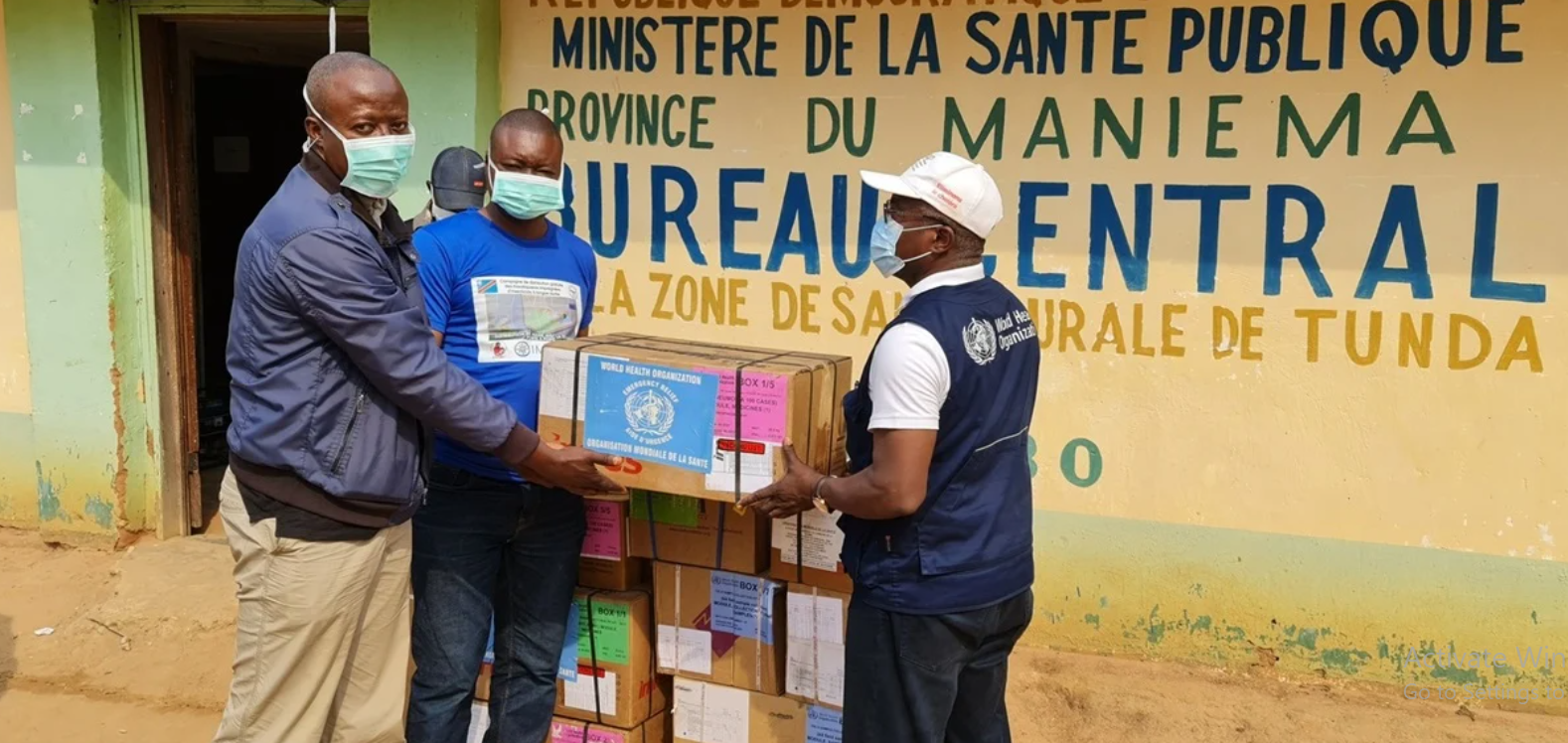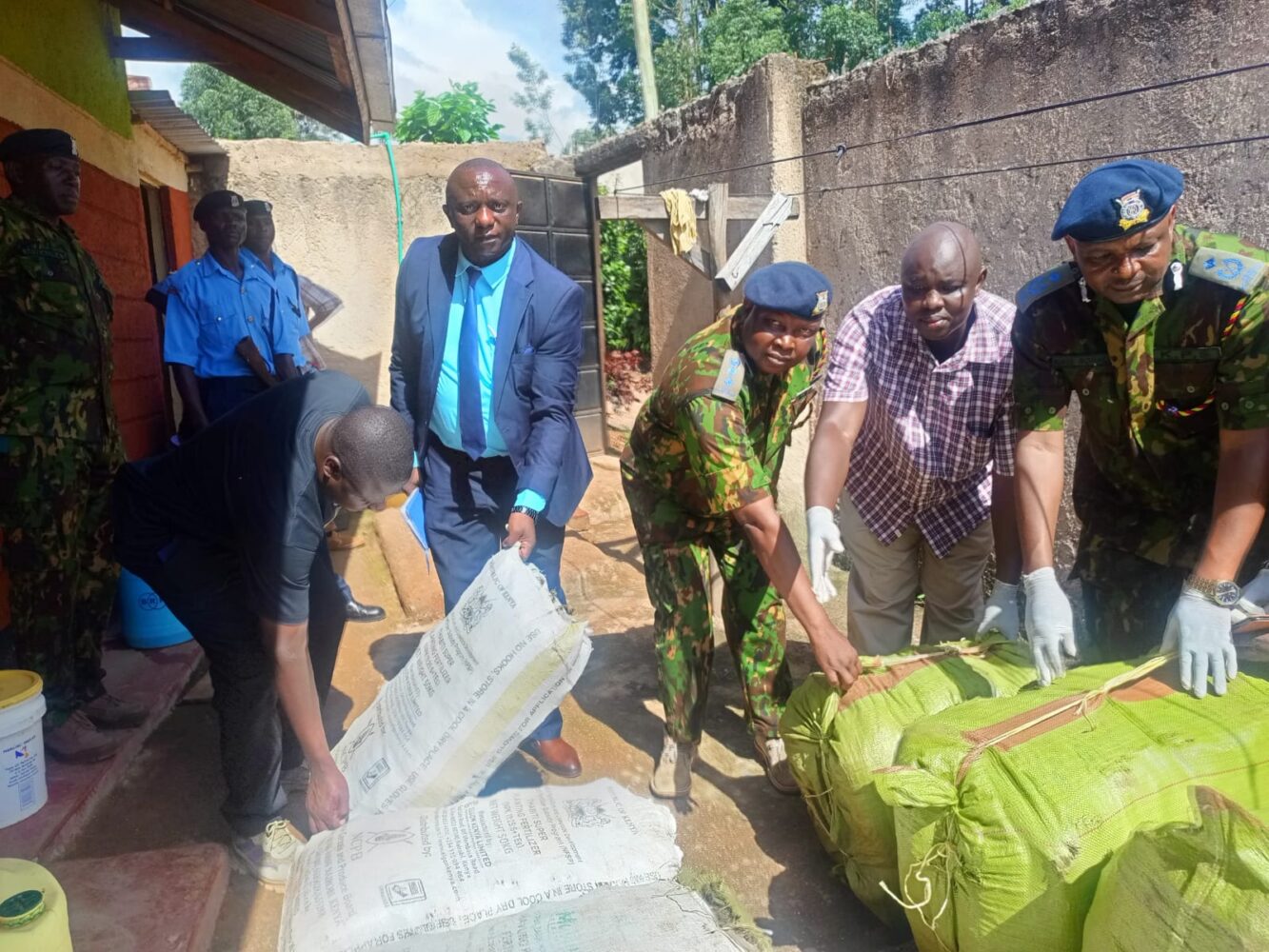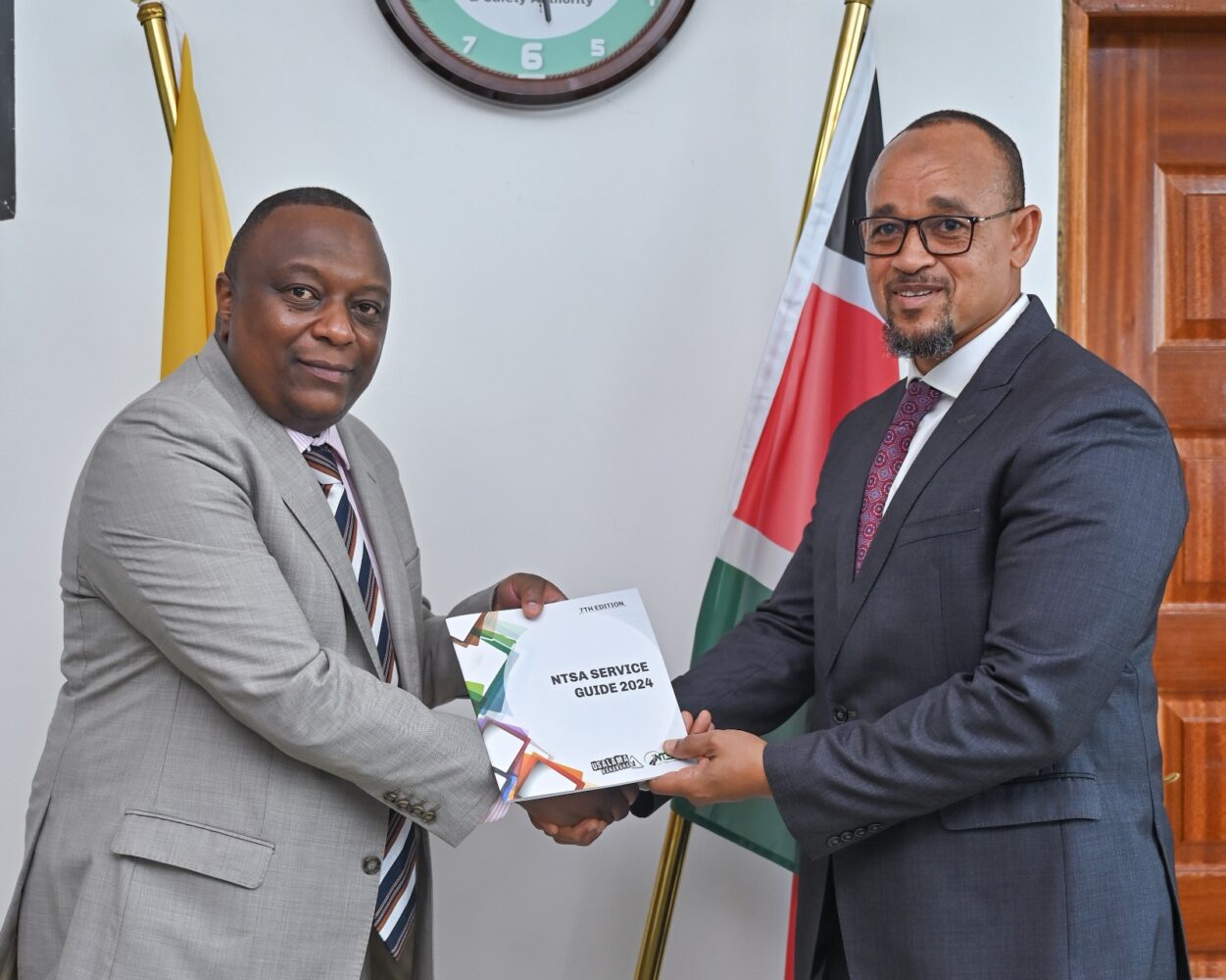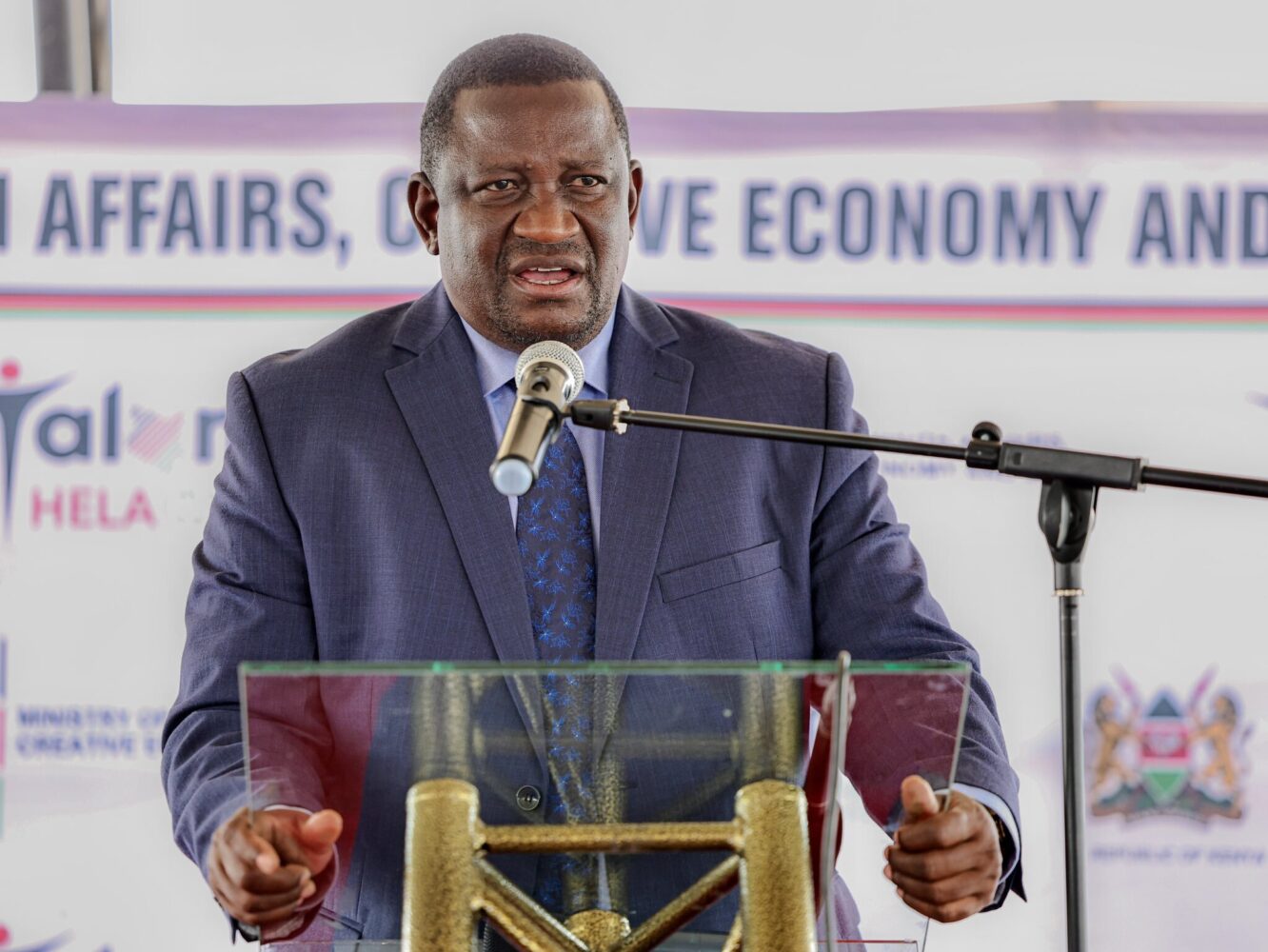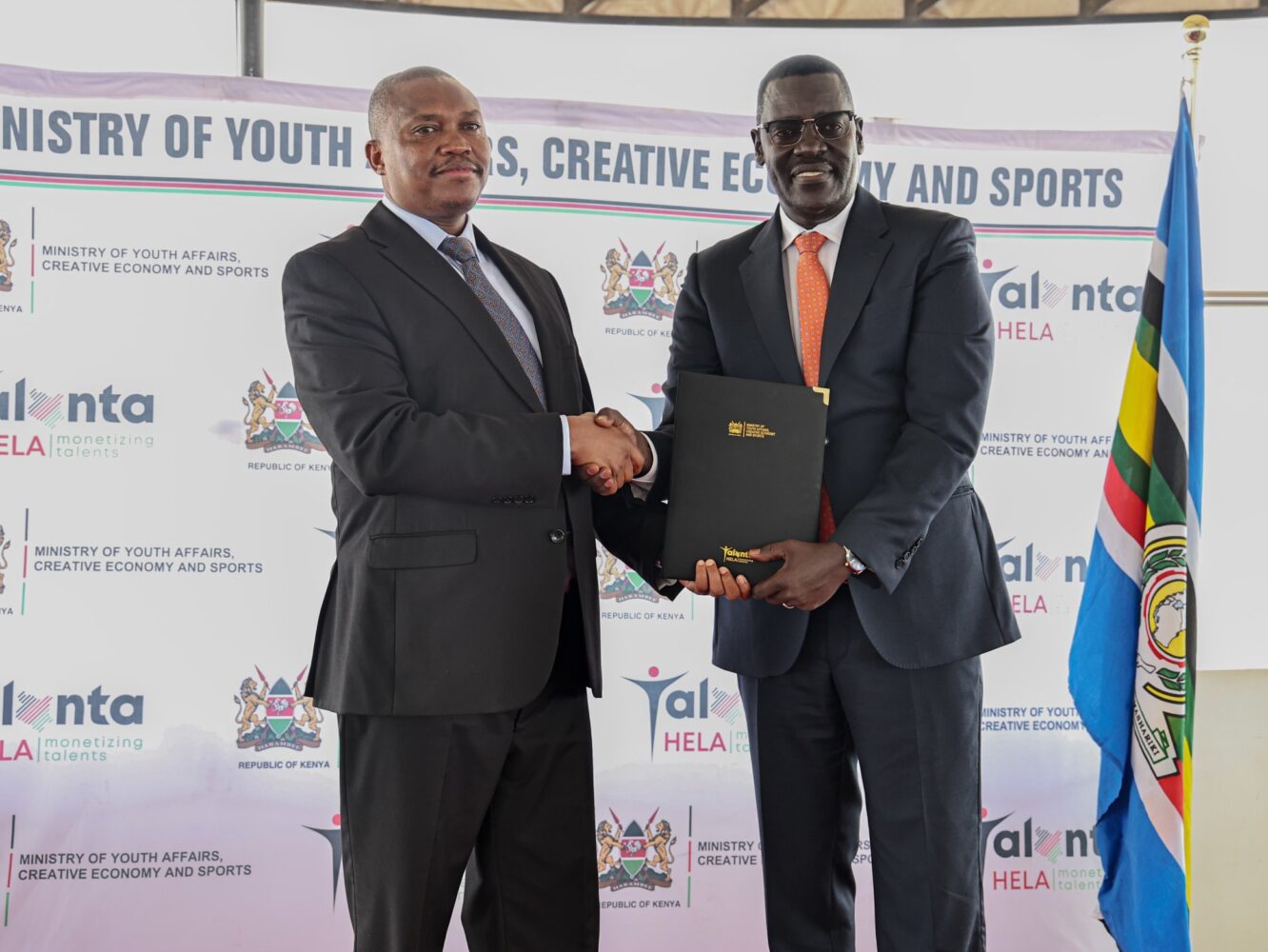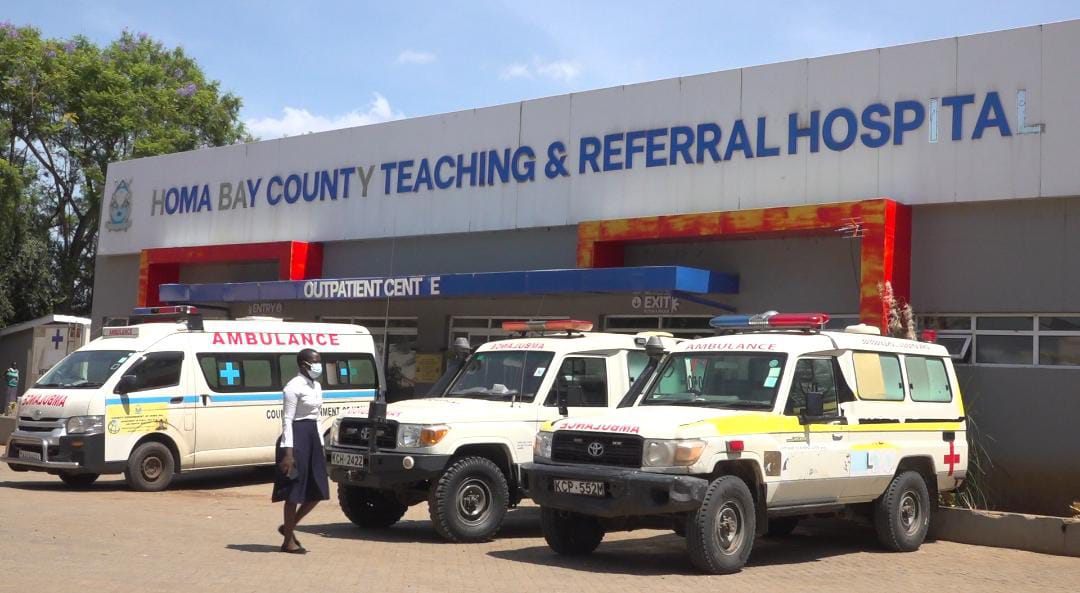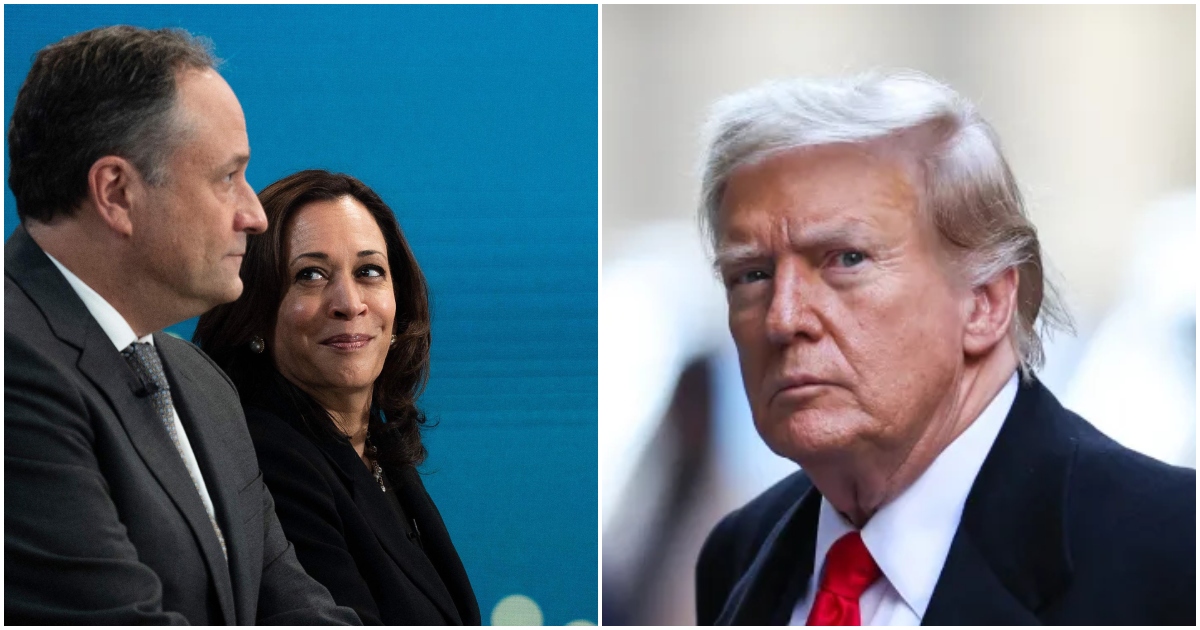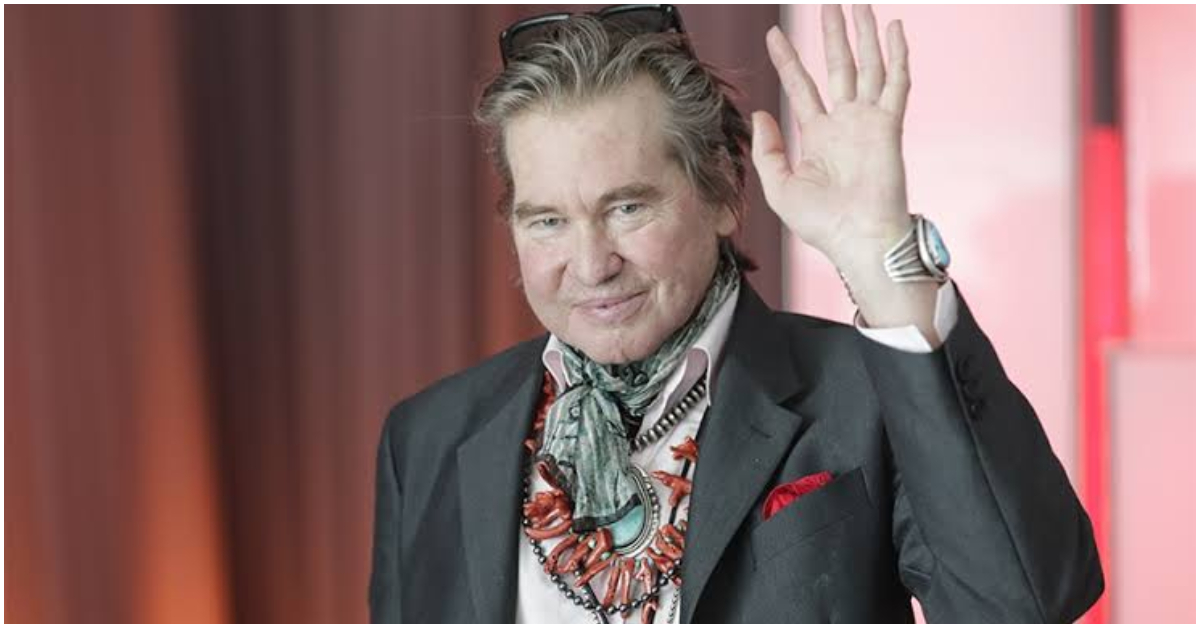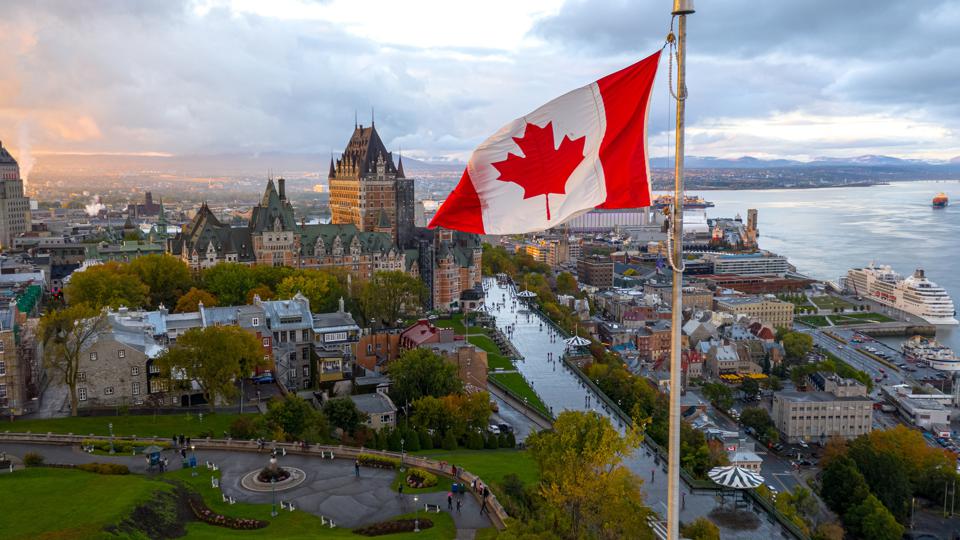The World Health Organisation (WHO) on Wednesday, August 14 declared the monkeypox (mpox) a public health emergency of international concern.
Tedros Adhanom Ghebreyesu, the WHO Director-General, says that an Emergency Committee under the International Health Regulations (IHR) met to evaluate the upsurge of mpox in the Democratic Republic of the Congo (DRC) and other countries in Africa.
“Today, the [IHR] Emergency Committee met and advised me that in its view, the [mpox] situation constitutes a public health emergency of international concern,” Tedros says. “I have accepted that advice.”
WHO says that the detection and rapid spread of a new clade of mpox in eastern DRC, its detection in neighbouring countries that had not previously reported mpox, and the potential for further spread within Africa and beyond is “very worrying”.
The current situation of mpox, the organisation says, requires a coordinated international response, which will be essential to stop these outbreaks and save lives.
Tedros insists that WHO personnel is on the ground, working with the affected countries and others that are at risk, through country and regional offices, as well as with partners including the Africa Centres for Disease Control and Prevention, NGOs, as well as civil society.
“For example, we are providing machines to analyse blood samples and confirm cases of mpox, we are supporting laboratories to sequence viral samples. We are on the ground supporting case investigation and contact tracing, risk communication and community engagement. We are training health workers and supporting clinicians to provide appropriate care. We are supporting countries to access vaccines and develop the strategies to roll them out, and much more.”
WHO Regional Director for Africa Dr Matshidiso Moeti said, “Significant efforts are already underway in close collaboration with communities and governments, with our country teams working on the frontlines to help reinforce measures to curb mpox. With the growing spread of the virus, we’re scaling up further through coordinated international action to support countries bring the outbreaks to an end.”
The Africa Centres for Disease Control and Prevention had on Tuesday, August 13 declared the outbreak a public health emergency of continental security, the first such declaration by the agency since its inception in 2017.
According to WHO, mpox has been reported in the DRC for more than a decade, and the number of cases reported each year has increased steadily over that period. “Last year, reported cases increased significantly, and already the number of cases reported so far this year has exceeded last year’s total, with more than 15 600 cases and 537 deaths.”
In the past month, over 100 laboratory-confirmed cases of clade 1b have been reported in four countries neighbouring the DRC that have not reported mpox before: Burundi, Kenya, Rwanda and Uganda. Experts believe the true number of cases to be higher as a large proportion of clinically compatible cases have not been tested.


